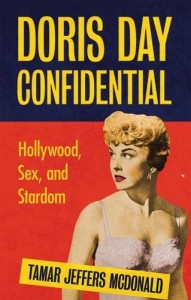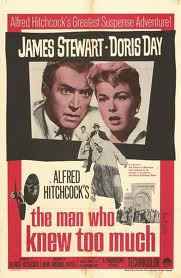Posted by Sarah
The Group has received a very kind invitation from Matt Buckley of Rutgers University to join the Melodrama Research Consortium. This sounds like a great way to forge links globally, map the field of melodrama academics and pool melodrama resources. This is a very exciting and worthwhile opportunity so do click through and add your areas of interest.
Matt’s message:
Dear Colleague,
I am writing to invite you to participate in the Melodrama Research Consortium, an international, interdisciplinary project intended to facilitate and advance scholarly research on the topic. The initial aims of the project are twofold: first, to establish an ongoing forum for the exchange of ideas among the many scholars working on melodrama in different periods, contexts, and mediums; and, second, to begin work on a collaborative, open-platform database of the production history of stage, film, and television melodrama.
The need for a forum for the exchange of ideas on the topic is now pressing: both historical and theoretical research is advancing rapidly on many fronts, yet most of us remain largely unaware of often complementary work in different areas. In order to offset this problem, we intend to publish on line an open list of melodrama scholars, including areas of specialization, relevant publications, and contact information, and—if it seems useful—to set up a listserve on the topic.
The need for a database of melodrama’s production history is equally apparent: the now substantial number of scholars working on the topic have begun to recover large portions of melodrama’s complex and extended genealogy, yet these remain largely isolated and scattered among the literature of specialized fields. At the outset, our goal for the database is no more complex than to gain a rough common map of melodrama’s multi-modal, multi-contextual history—to start to bring together, in one place, the many different strands of its development. At a moment when melodrama’s vast and disparate genealogies are exploding into view, and as we struggle with the growing recognition that melodrama’s larger history has unfolded in complex ways across contexts, and not merely in them, the immediate value of such a mapping is obvious.
The larger, more long-term goal of the database is to construct a useful research platform for the kind of broadly comparative and data-intensive scholarship that melodrama, as a mass-produced form of global modernity, seems increasingly to invite and may well soon require. More than other, older forms of aesthetic production, melodrama invites quantitative analysis, both to establish the broad patterns of its formal and medial development and to gain an accurate picture of its longer history of production, distribution, and consumption as a cultural commodity. As some of you already know, I have begun over the past few years to construct a more limited database of early British stage melodrama in order to facilitate my own current work on melodrama’s origins and to establish the foundation for the project. After two years of work by a small handful of part-time research assistants, we now have a searchable digital record of about 1500 plays, including melodramas as well as other closely-related theatrical genres, written and/or produced in Britain between 1800 and 1840. The research value of even that very limited portion of the project has been exceptional: for the first time, it is possible to trace with something more than anecdotal accuracy melodrama’s rising success on the British stage, the manner in which its production expanded and spread across different theatres and populations, and the precise periods and contexts in which its development was punctuated by formal and generic shifts. Expanding that record to include even a schematic database of melodrama’s larger history constitutes a significantly more substantial challenge, but one that will by no means be hard to achieve with even modestly expanded resources.
I’m writing you now because we would like to begin to formalize the project as a consortium in order to start applying this year for the funding support that such an effort will require. You need not play any active role at this point, or perhaps ever. However, I’m hopeful that you might consent to join in a nominal way now so that we might prepare and submit proposals for large, foundational grants as a sizeable international group–and thus gain both greater authority and wider funding eligibility.
Joining the consortium will also, I hope, provide a timely opportunity for those of you whose institutions and disciplines offer funding for collaborative and international projects. As the nature of the database suggests, this project will be a de-centered effort by specialists all over the world and spread across a wide range of fields. With that in mind, please feel free to think of ways in which you might use the project as the basis for more specific proposals to gain internal and area-specific research support. I now have one assistant working exclusively on grant funding, and I would be more than happy to provide whatever support we can for such efforts.
I would be delighted, of course, if any of you would like to take an active or an advisory role. I would be very thankful, too, for any thoughts you might have about the consortium, the database project, or likely sources of support for either, as I am neither a digital savant nor a savvy grant writer. If you would prefer not to join the consortium at this time, I would be grateful if you might consider at least to be included on our listing of melodrama scholars. Even if you are no longer active in the field, it will be helpful for others to know of your work.
You can indicate your reply, provide information about yourself, and join the consortium if you wish, on a google form that we have posted at https://docs.google.com/forms/d/10jphGiR1TN_vpKZfk75JAlEEu7j4UbwPNVvohY6LkSo/viewform. Completing it should take only a few minutes. If you are interested, I would be very grateful if you might respond by November 15, as we intend at that time to generate and post a list of participants in the consortium and scholars in the field.
Please do share this invitation with colleagues and students—the group is intended to be as inclusive as possible, and I certainly don’t know everyone.
With best wishes,
Matt
-- Matthew Buckley Associate Professor Department of English Rutgers University 510 George Street New Brunswick, NJ 08901 646-245-6918
For more info on Matt visit http://english.rutgers.edu/faculty/facultyprofiles/261-mbuckley.html
Do, as ever, log in to comment or email me on sp458@kent.ac.uk to add your own thoughts. We could maybe get some discussion going about formalising our specific (individual and group) interests in melodrama.
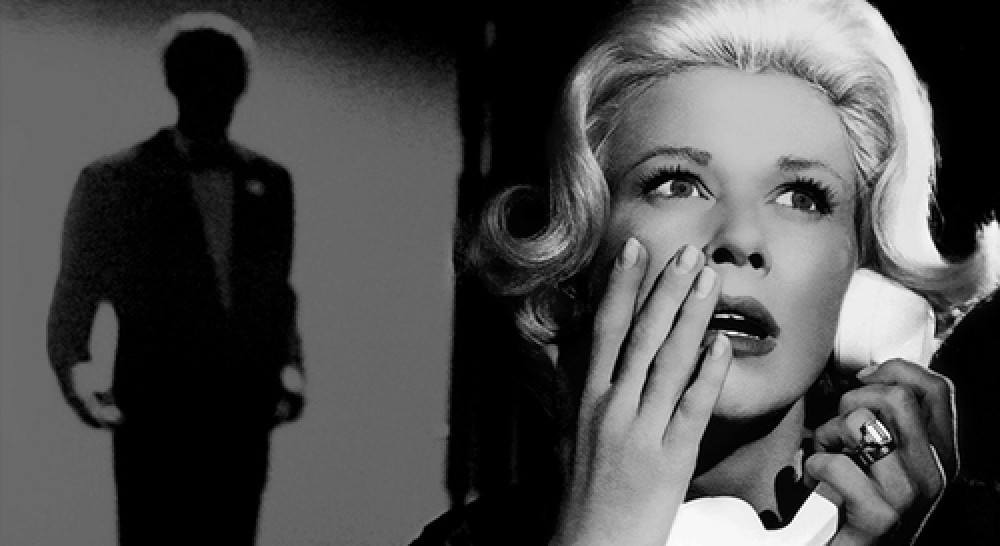
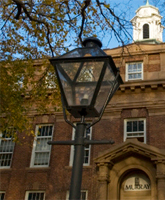

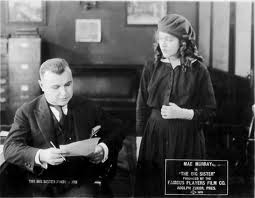
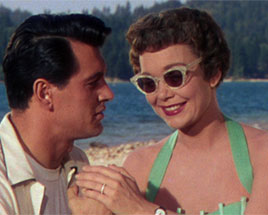
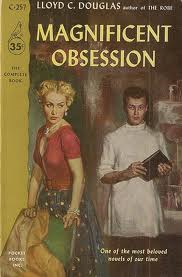
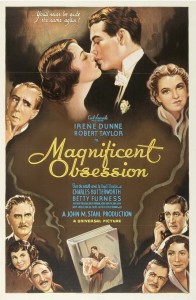


 Melodrama Research Group founder Dr Tamar Jeffers McDonald (
Melodrama Research Group founder Dr Tamar Jeffers McDonald (